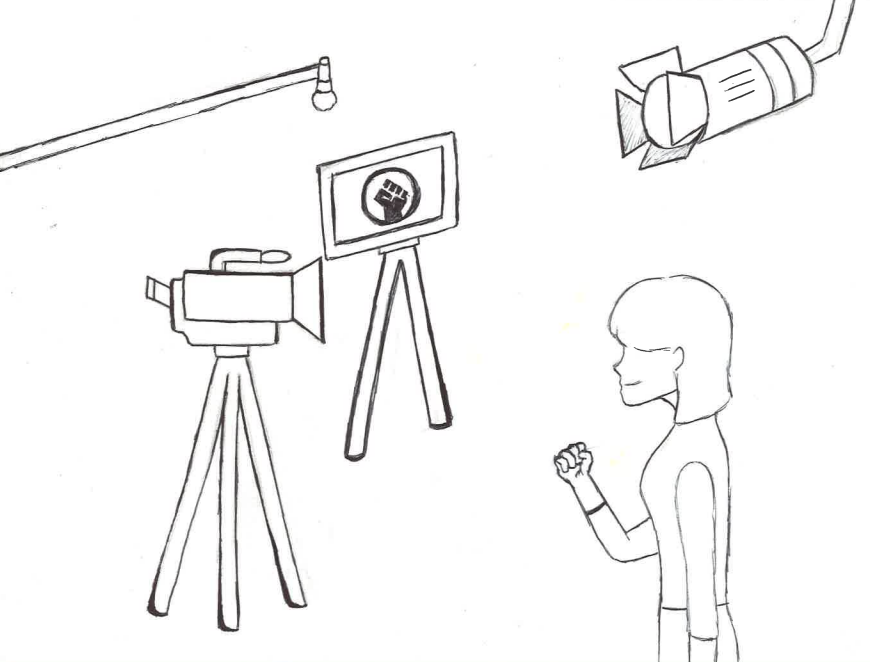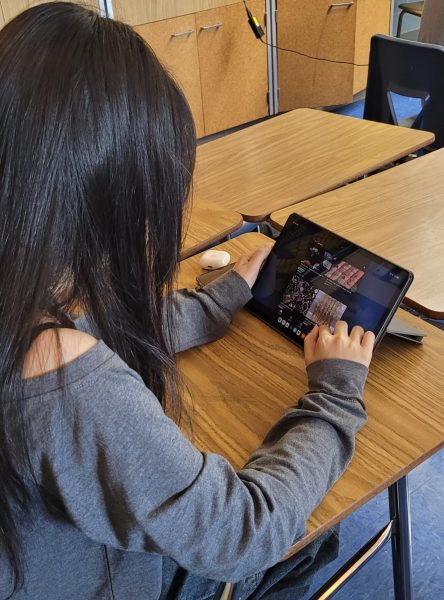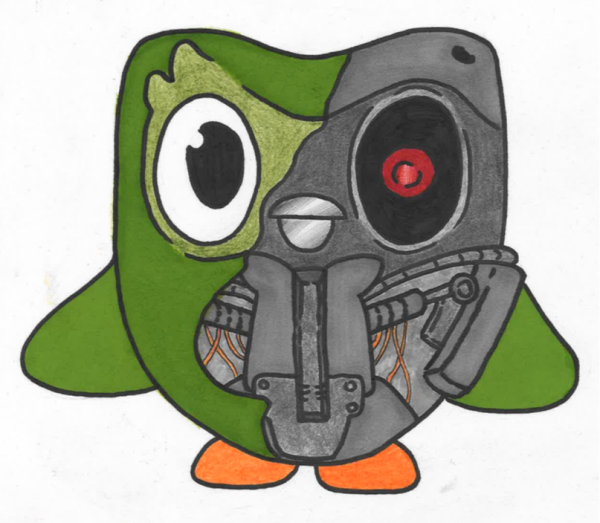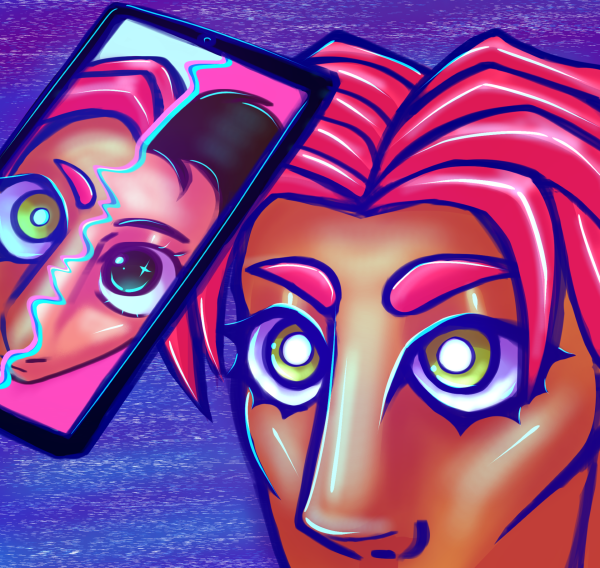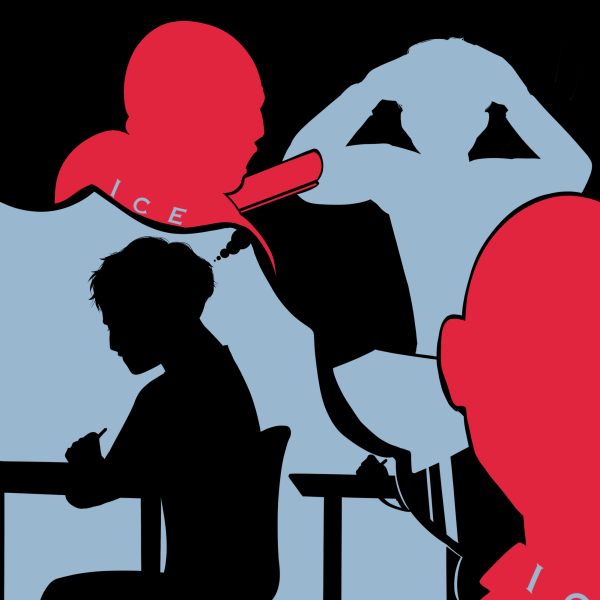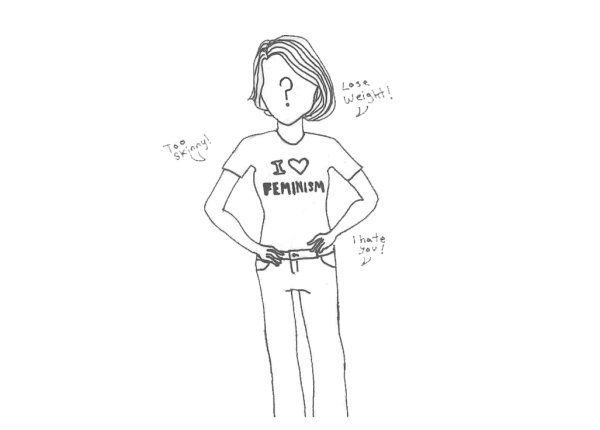Activism for show: Fake it until you screw it up
Everything is not what it seems behind your phone, do they actually care or are they jumping on the bandwagon to look good?
Since 2020, there has been more activism both online and in the streets, nationwide and right here in Columbia Heights, when it comes to minority groups such as people of color, the LGBTQ+ community, Jews, Muslims and so many more. Those minority groups have been getting the attention they need, to an extent, but the hate crimes and discrimination that some of these groups are victims of are going unnoticed.
In Minneapolis, Minnesota on Monday May 25, 2020, George Floyd was pinned to the ground by police officer Derek Chauvin, who then knelt on his neck until Floyd could no longer breathe, killing him. There were three other officers at the scene named J. Alexander Kueng, Thomas Lane and Tou Thao who also received a lot of heat since they stood by, not helping Floyd. This incident would soon spread across the internet, starting large protests, inspiring people all across the internet and nation to speak out. Citizens started looking further into police brutality in the past and brought up old cases online and in the press against people of color. Some people saw this as a chance to take advantage of the moment and get clicks, views and followers.
After the tragedy of George Floyd, individuals on every social media app were talking about the incident. Big stars shared their views and spoke out against police brutality. Even major celebrities like Harry Styles were going out and protesting, but some people saw it as more of a chance to gain popularity and attention. They only spoke out when it was convenient for them and didn’t seem to genuinely care about what they were speaking out against.
One example was the TikTok user Onlyjayus. They were under scrutiny for using a slur in a conversation with someone in their DMs. After this, they tried to pick themselves back up and show that they were an activist. They said they would collaborate with Black creators on TikTok to amplify voices. Then, multiple Black creators claimed to reach out to Onlyjayus, who reportedly ignored them, while Onlyjayus denied receiving communication from Black creators. Some fans defended Onlyjayus while many other social media users thought the influencer lied so they wouldn’t lose their source of clout and their audience. As time went on, however, those same people would slowly stop talking about it because it didn’t give them attention. The words ‘performative activism’ were used a lot when it came to people like this. Performative activism is a form of protesting and/or raising awareness done to increase social capital rather than because of one’s devotion to a cause, the cause in this case being police brutality.
In the years after the incident and following months of protests, the amount of activism and white celebrities and influencers speaking out for minorities has gone down drastically. This would, ultimately, only prove more of the point that many only spoke out because it gave them attention versus actually caring for the community they posted about. But POC and other marginalized groups still need help even after people “spoke out” online. It’s a long-term problem that we can’t just slap a band-aid on and call it good. Those people still need our help to be heard and achieve true equality. And of course there are still people speaking out, which is great, but not as many people as there used to be or should be.
“I wasn’t mad about it, but it made me upset because I didn’t see a point in people doing it,” CHHS student Zeynab Ahmed (12) said. “ It’s never that deep. If you wanna put it out there, put it out there. But you gotta stick to it.”
And it’s not only racism that needs attention — it’s also hate against homosexual people and other members of the LQBTQ+ community. Both communities need attention. Even though their situations are not the same, they have both suffered in different ways and have both had to pull themselves up and gain their own respect.
But there are some cases where people will speak out in the name of minority groups without directly consulting the groups they’re speaking for, so they don’t really understand what they’re speaking for, why they’re doing it or if they’re even doing something the group in question wants.
For example, there was a discussion among the CHHS Student Council about the homecoming titles of “King” and “Queen” being offensive as neither felt inclusive of trans or non-binary people. So they removed two of the slots for royalty and called it the “Two Royalties” instead.
“I felt like it was not the greatest idea because we always have four royalties — king, queen, prince and princess,” prom committee member CJ Daher (12) said. “So it’s like a tradition for our school. So it was a little odd that they removed two of the royals. I’m happy that they brought it back, but it didn’t really seem right if they didn’t do it. I don’t really see how it was discriminatory because we have been doing it for years, so it felt weird if we didn’t have all four.”
Activism is something that can really help minority groups, but if people decide to use it for their own gain, or don’t even connect with the people they speak for, it can do more harm than good if they don’t actually believe in what they’re saying. Activism can be really helpful and can make a lot of change, as long as you use it authentically. In other words, don’t be fake.
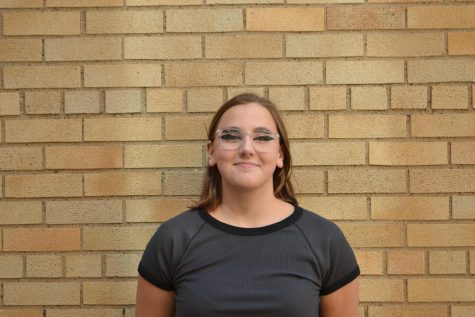
Mae Skaja is a 10th grader who is an athlete that participates in Girl's Swim and Dive along with Girls Lacrosse. They are an Illustrator for the Heights...


